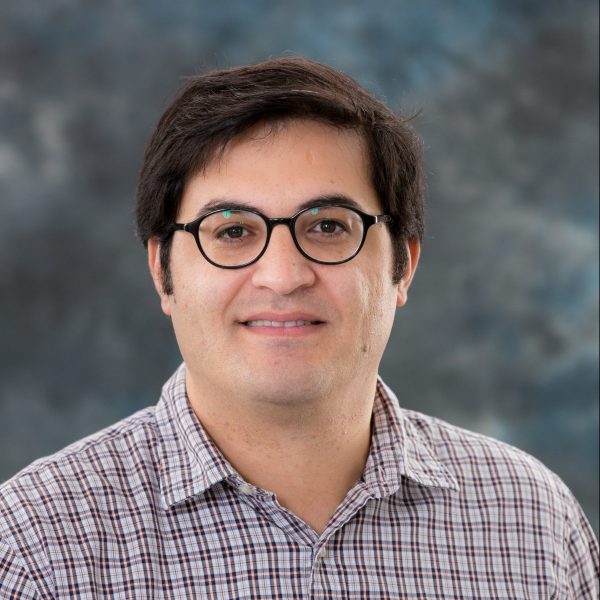 Dr. Mostafa Reisi Gahrooei, Assistant Professor in the Department of Industrial and Systems Engineering, has received $1.18M in funding from National Science Foundation (NSF) in support of his project, “CPS: Medium: Connected Federated Farms: Privacy-Preserving Cyber Infrastructure for Collaborative Smart Farming.” This project aims to develop a novel holistic framework that allows for collaboration between farms, preserves privacy, and encourages simultaneous collaboration and personalization in the data-driven modeling of agricultural farms.
Dr. Mostafa Reisi Gahrooei, Assistant Professor in the Department of Industrial and Systems Engineering, has received $1.18M in funding from National Science Foundation (NSF) in support of his project, “CPS: Medium: Connected Federated Farms: Privacy-Preserving Cyber Infrastructure for Collaborative Smart Farming.” This project aims to develop a novel holistic framework that allows for collaboration between farms, preserves privacy, and encourages simultaneous collaboration and personalization in the data-driven modeling of agricultural farms.
Abstract:
With the advancements in sensing technologies, agricultural farm management has transformed into a data-enabled process. Data collected at farms enabled artificial intelligence (AI) frameworks to develop models capable of predicting traits such as crop yields and health conditions, allowing for data-informed decision-making. However, in the current state of practice, these smart farms are siloed, developing AI models solely based on data obtained from a farm, ignoring the data generated in other farms. This lack of collaboration among farms results in limited generalization capability of models and directly impacts farm management decisions. While pooling data from a network of farms into a centralized server to generate more robust models is possible, most farmers are reluctant to share their data due to data privacy concerns.

Therefore, this project aims to develop a novel holistic framework that allows for collaboration between farms, preserves privacy, and encourages simultaneous collaboration and personalization in the data-driven modeling of agricultural farms. The constructed models are used in farm decision-making and management. This framework will alleviate farmers’ data privacy concerns, resulting in further adoption of smart farming technologies. Therefore, the project may result in the more prevalent use of digital tools by farms, improving management decisions and increasing farm productivity. Eventually, the acceptance and use of digital solutions will enhance food quality and decrease the environmental footprint. Several educational and outreach efforts for the integration of research into undergraduate and graduate courses and broadening the participation of underrepresented groups are envisioned.
The project aims to develop a federated analytics framework for high-dimensional and big data common in smart agricultural farms. The project will design a novel federated robust tensor-based modeling paradigm that enables exploiting the spatiotemporal structure of smart farm datasets. When the proposed approach is used, each farm creates a local model that is then transmitted to an aggregator, which creates an aggregated model. The aggregated model is then broadcast to each farm to generate a personalized model that supports local decision-making. The low-dimensional embedding of the tensor model allows for reduced model communication between the farms and the aggregator. Differential privacy approaches will be investigated to enhance the privacy-preservation properties of the proposed framework. The developed AI-enhanced connected multi-farm system will be tested in citrus as a case study. The proposed framework can contribute to other areas, such as modeling and monitoring multi-farm renewable energy systems and multi-facility advanced manufacturing systems.